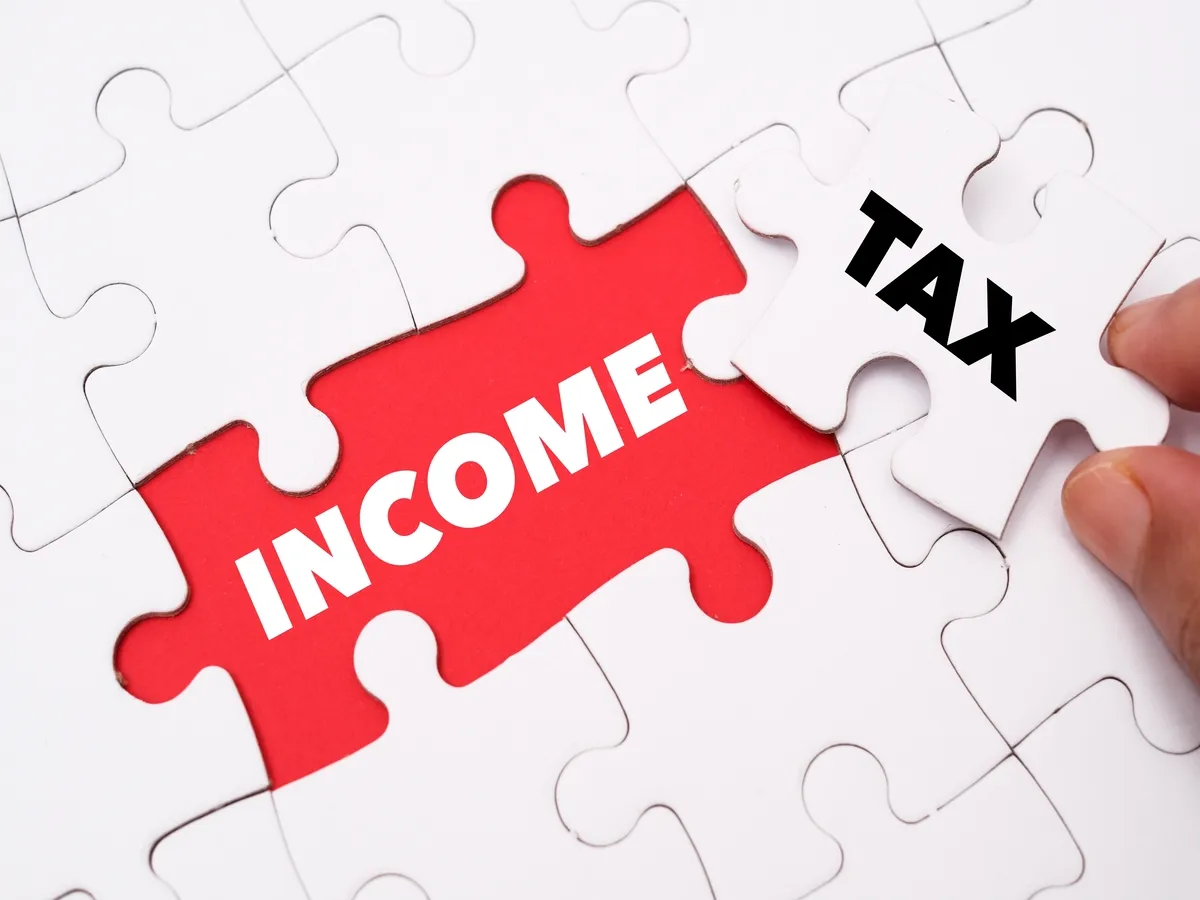Income tax cuts for individuals earning up to ₹15 lakh annually have been proposed in the upcoming Budget 2025-26. The government is strategizing to boost the economy through this initiative by enhancing disposable incomes and encouraging consumer spending. While specifics on the percentage reduction are awaited, this move aligns with efforts to counteract economic slowdowns.
Key Highlights Of Proposed Income Tax Cuts
- Target Group:
- Individuals earning up to ₹15 lakh per annum are expected to benefit significantly.
- Primary Objective:
- Stimulating consumer demand to revive economic growth.
- Possible Scenarios:
- The government may implement a tiered reduction rate for different income slabs within the ₹15 lakh bracket.
Historical Context Of Income Tax Reforms
- Evolution Of Tax Policies:
- India’s tax structure has undergone periodic revisions to balance economic needs and fiscal discipline.
- Notable changes include the introduction of the simplified optional tax regime in 2020.
- Impact Of Previous Reforms:
- Past tax cuts have led to increased compliance and reduced tax evasion.
- Enhanced purchasing power positively affected sectors such as real estate and retail.
- Global Comparisons:
- Countries like the U.S. and U.K. have used similar tax reforms to mitigate economic recessions.
Challenges In Implementing Tax Cuts
- Revenue Shortfalls:
- Reduced tax rates may temporarily affect government revenue collections.
- Implementation Complexity:
- Ensuring fairness across income brackets while maintaining fiscal prudence.
- Public Expectations:
- Broader demands for reforms, such as changes to GST rates, may emerge.
Economic Rationale For Tax Reductions
- Boosting Disposable Income:
- Taxpayers will have more financial freedom to invest and spend.
- Encouraging Market Growth:
- Increased consumption is likely to benefit industries like FMCG, automobiles, and housing.
- Supporting Small Businesses:
- Entrepreneurs in the ₹15 lakh bracket may reinvest savings into their ventures.
Projected Economic Outcomes
- Improved GDP Growth:
- Consumption-driven growth is expected to contribute significantly to the GDP.
- Enhanced Investor Confidence:
- Simplified tax structures attract foreign and domestic investments.
- Job Creation:
- Increased demand in various sectors could lead to more employment opportunities.
Potential Alternatives To Tax Cuts
- Expanding The Tax Base:
- Bringing more individuals and businesses into the tax net to offset revenue losses.
- Incentivizing Investments:
- Offering deductions for investments in infrastructure, green energy, and technology.
- Promoting Digital Compliance:
- Leveraging technology to streamline tax filing and curb evasion.
Stakeholder Reactions To Tax Reforms
- Corporate Sector:
- Businesses have welcomed the proposal as it may increase consumer spending.
- Public Sentiment:
- Taxpayers view this as a much-needed relief amid inflationary pressures.
- Economic Experts:
- While acknowledging the benefits, experts caution about potential fiscal imbalances.
Global Case Studies On Tax Reductions
- United States:
- Tax cuts during the 2008 financial crisis boosted consumer confidence.
- China:
- Targeted tax reforms helped stabilize small and medium-sized enterprises.
- European Union:
- Several member states adopted tax relief measures post-COVID-19 to revive their economies.
What This Means For Indian Taxpayers?
- Immediate Relief:
- Increased take-home pay will improve living standards.
- Long-Term Benefits:
- Encouraging savings and investments among the middle class.
- Simplified Tax Processes:
- Aligning with the government’s vision of a transparent and efficient tax system.
Future Implications Of Tax Reforms
- Shaping Economic Policies:
- The proposed cuts may influence future budgets and financial strategies.
- Transition Towards Digital Taxation:
- Emphasizing technological integration for better compliance and tracking.
- Strengthening India’s Global Position:
- Competitive tax rates enhance India’s attractiveness for foreign investments.
Through these proposed reforms, the government aims to create a balanced economic environment that prioritizes growth while addressing public concerns. Stakeholders across the spectrum await further details on this transformative initiative.




